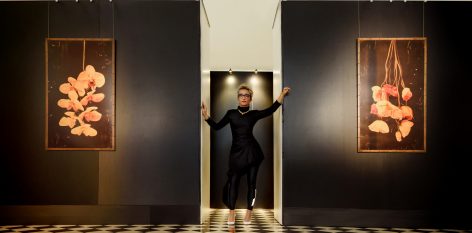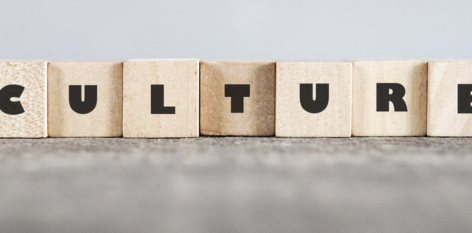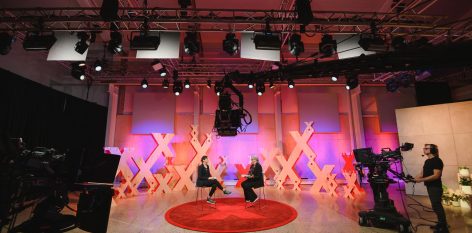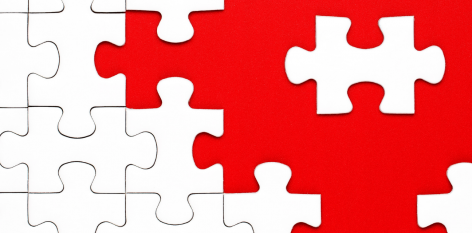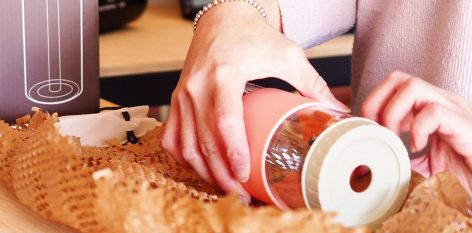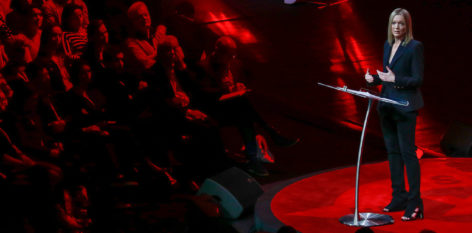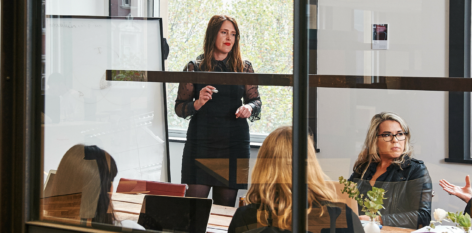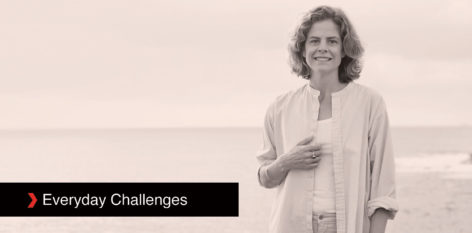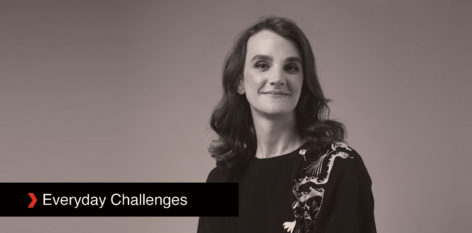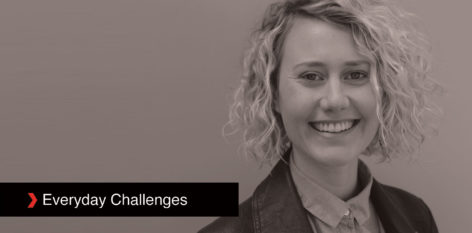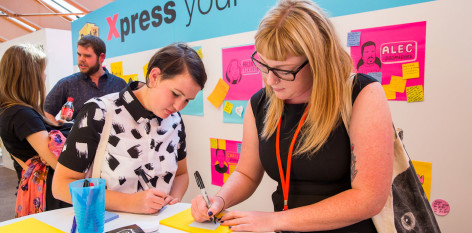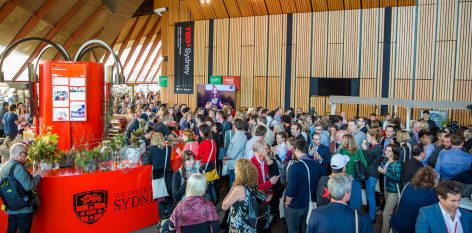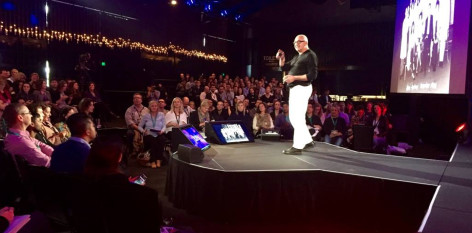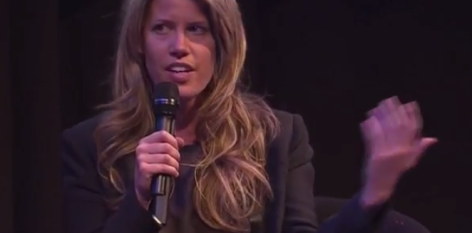Just when the conversation was heating up about gender equality and the disproportionate pay gap between male and female co-workers, the global pandemic reversed the efforts of progress for women in the workplace.
In years to come, psychologists, researchers, economic masterminds, and educators will study those who lived through COVID-19. They will hold our governments and economists under scrutiny and study the societal response to the virus that shut down the world, overnight. The Coronavirus outbreak has dismantled health, economy, and social norms in a blink of an eye.
At the forefront of Australia’s female workforce, is Annie Gibbins, CEO The Women’s Business Incubator, keynote speaker, podcast host and best-selling author. With an unshakeable commitment to improve gender equality across all sectors worldwide, Annie is now leading the campaign to rescue the Covid-19 lost leaders, women.
Annie explains, “For many women, the coronavirus pandemic has forced them back into traditional gender roles. As COVID-19 continues to infiltrate the world’s economy, women are facing little choice when it comes to prioritising domestic security over success. Despite the world opening up again, the international fall-out for women in business is at serious threat.”
Are we looking at gender regression versus the efforts of gender recognition?
According to McKinsey and Company, women’s jobs are 1.8 times more vulnerable to this crisis than men’s jobs. Women make up 39 percent of global employment but account for 54 percent of overall job losses. Despite the women and men diluting employment across multiple sectors, women’s unemployment is dropping rapidly. The reason behind this significant decline during the pandemic, is the overwhelming burden for women to bear the brunt of unpaid childcare. As childcare centres and schools battened down the hatches in the height of the pandemic, the roles within the household, sadly defaulted back to a scenario unfavoured for women earning their bread also.
At the age of 23, Annie gave birth to twin boys and 26 months later, another set of twins arrived. Six years later, Annie’s tribe was complete with the arrival of her daughter, so she is no stranger when it comes to holding her own. But in the recovery of a global pandemic, Annie explains, “we need to take that leap of faith. We need to encourage growth mindsets and discourage regression. We need to be passionate, persuasive, and persistent. Otherwise, it would be all too easy to throw in the towel and not recover from these unprecedented times.”
“As a result of Covid-19, typically mothers are spending an extra hour each day on unpaid housework and four extra hours on childcare. It has been noted that fathers are expending about half of that effort, putting in only an extra 30 minutes on housework and two additional hours on childcare during the crisis. Essentially, women at work are picking up the slack despite the professional demands being no different,” she says.
Likewise, women are clearly upping the ante when it comes to unpaid work at home. Preliminary survey results by Dr Brendan Churchill and colleagues at the University of Melbourne suggest this gender gap is widening.
Parents have faced their most difficult choices yet. Often, the burden falls on the mother. For those sitting in the precarious position of ‘how I can have it all?’, women are submitting their resignations faster than men. Not only does the economy suffer, but any advancements made for women to excel in leadership roles massively dips. A study conducted in the UK suggests that 46% of mothers that have been made redundant during the pandemic cite lack of adequate childcare as the cause. It was noted that 70% of women with caring responsibilities who requested furlough following school closures in 2021 had their request denied. This has led to almost half of working mothers (48%) being worried about negative treatment from an employer because of childcare responsibilities.
As a global leader and business strategist, Annie explains, “whilst the virus was unpredicted, our professional infrastructures have been grossly under prepared, to protect those facing demotions, unfair dismissals, and inevitable job losses.”
With no action taken to address the effects of unemployment for women, it is estimated that global value added to the economy, growth could be $1 trillion lower in 2030, then it would be if women’s unemployment simply tracked that of men in each sector.
Now leading a global campaign, Annie wants to implement true change in gender equity and equality. “Women account for the hardest hit in specific sectors. Women account for employees in industries with some of the highest Covid-19 job losses, such as retail, accommodation and food and customer services. The skewed irony when it comes to employment demands during a pandemic, are the heroes on our frontlines,” says Annie.
“Nurses, doctors, health care workers and paramedics have undoubtedly risen to the challenge in employment adversity. Many other frontline workers, including teachers, early childhood educators and aged care professionals have taken care of our young and supported our elderly. For every positive COVID-19 result, a child is at risk, a classroom is closed, and school gates chained. Predominantly these occupations employ women, so with communities in lockdown means less women in the workplace”.
Women in business across the economic footprint of diversity suggests the road to recognition and recovery is going to be long. We know that the global pandemic has clearly taken its toll on all of us. We are facing and will continue to observe the aftermath of what has been an unprecedented time. The mental exhaustion for those attempting to do it all, is more prevalent than ever.
A report released by McKinsey and Company, titled: Women in the Workplace 2021, recognised that during a year and a half into the COVID-19 pandemic, mothers and women in senior positions have felt more pressure, exhaustion and burnout in the workplace than men. They are also more likely to have their judgement questioned, be mistaken for someone more junior, and be the victim of demeaning remarks.
With only 8 percent of women accounting for C-Suite roles, women leaders need to strategise their comeback more than ever.
Change has never been more necessary than now.









